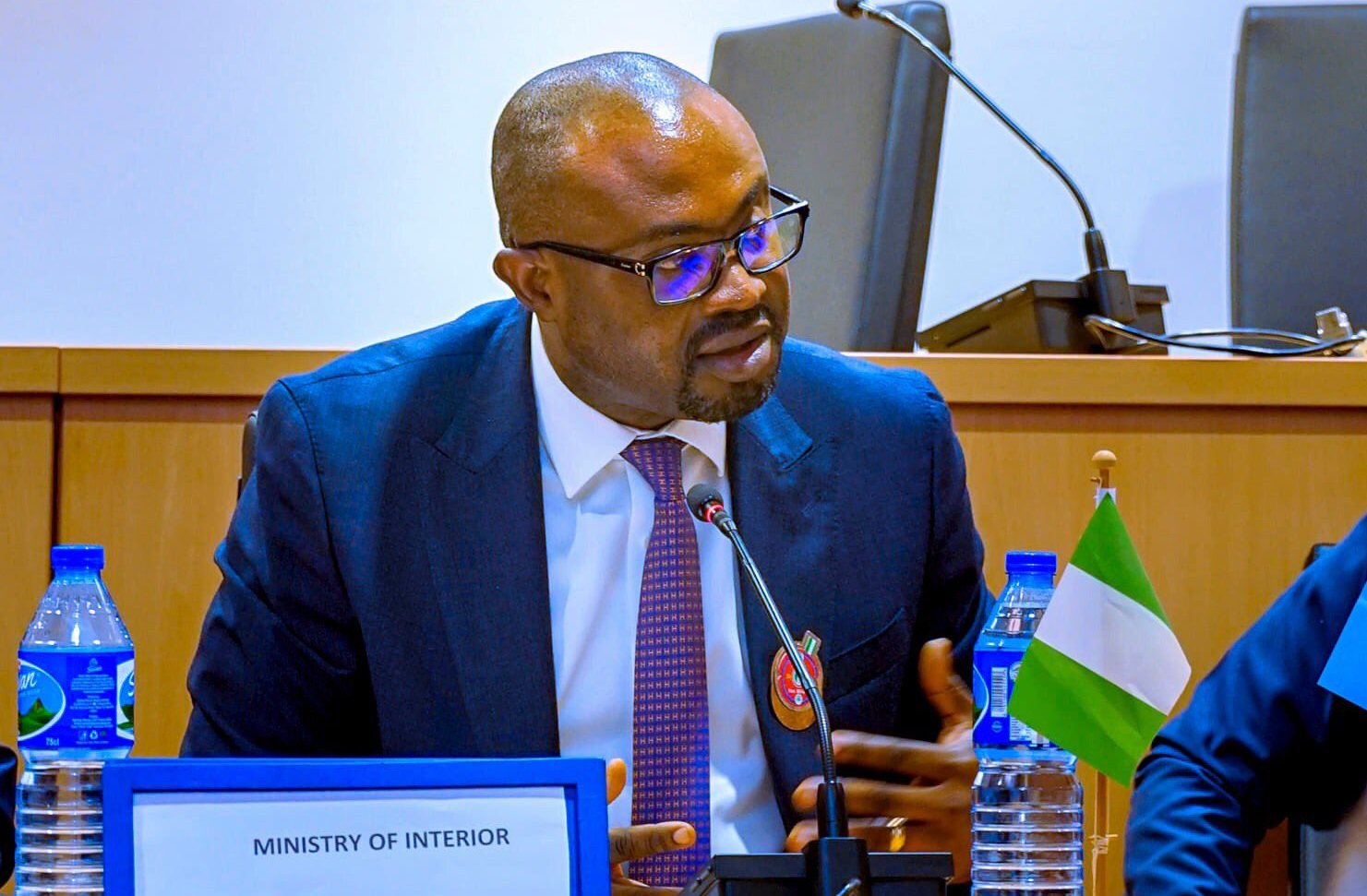In a bold step towards reforming the Nigerian Correctional Service, Minister of Interior Olubunmi Tunji-Ojo has vowed to address serious allegations of misconduct within the system. This pledge follows a viral audio recording in which Idris Okuneye, popularly known as Bobrisky, alleged that his godfather collaborated with the Controller General of the Nigerian Correctional Service to enable him to serve a six-month sentence in a private residence instead of a correctional facility.
The allegations were highlighted by social media influencer Martins Otse, also known as VeryDarkMan, sparking public outrage over the potential abuse of power.
In response, Minister Tunji-Ojo immediately ordered an investigation into the claims and suspended several correctional officers involved, pending the outcome of the inquiry. This move is seen as part of broader efforts to restore the integrity of Nigeria’s correctional institutions.
At the inauguration of a committee tasked with investigating these allegations, Minister Tunji-Ojo emphasized the importance of a thorough examination. “We want to reform the correctional service. Your core responsibility is to investigate specific allegations of corruption, torture, and mistreatment of inmates by correctional officers, especially the immediate one concerning Bobrisky, which I expect to be completed in two weeks,” he stated.
The minister further underscored the need for a comprehensive approach to uncover deeper issues within the service. “There is a need for a holistic approach to unravel the issues being investigated, through empirical and fact-finding processes,” he added.
Tunji-Ojo reiterated his commitment to transparency and accountability, insisting that no one would be exempt from scrutiny. “I want to say this very clearly: nobody will be shielded. Nobody, no matter how highly placed, will be shielded,” he affirmed.
This situation highlights ongoing concerns about corruption and human rights abuses within Nigeria’s correctional facilities, prompting a broader call for reform in a system that has long been criticized for its treatment of inmates.




